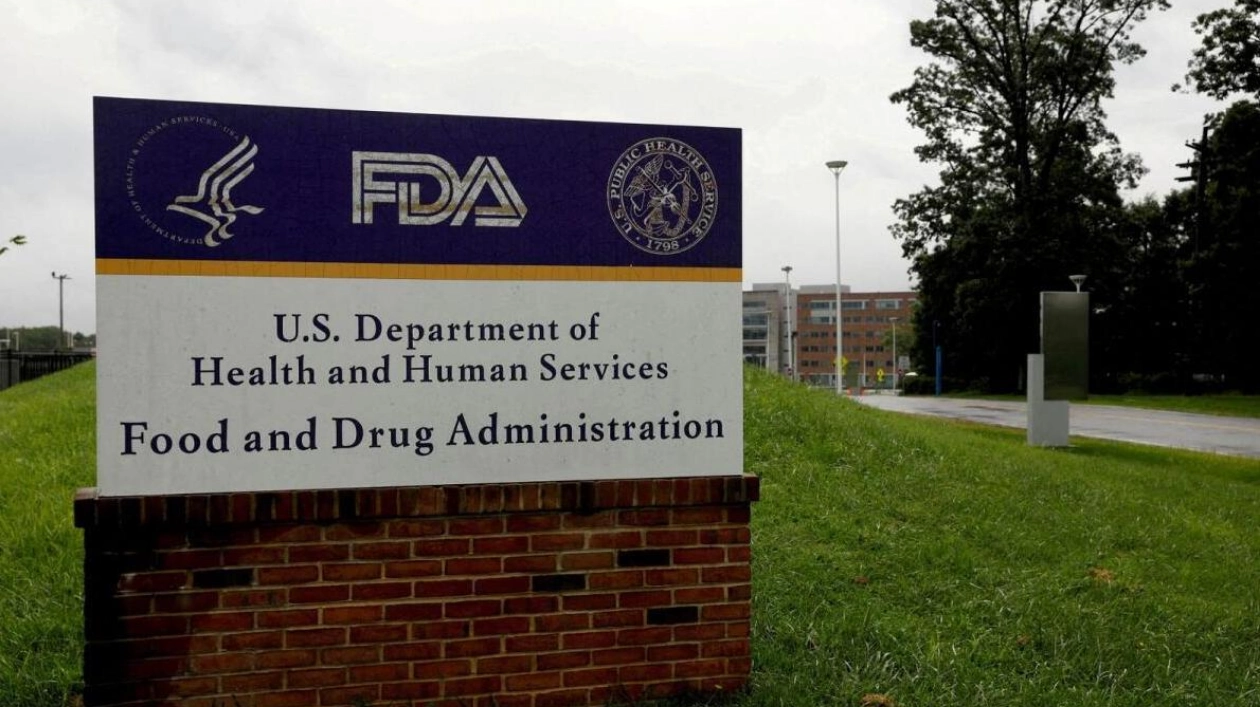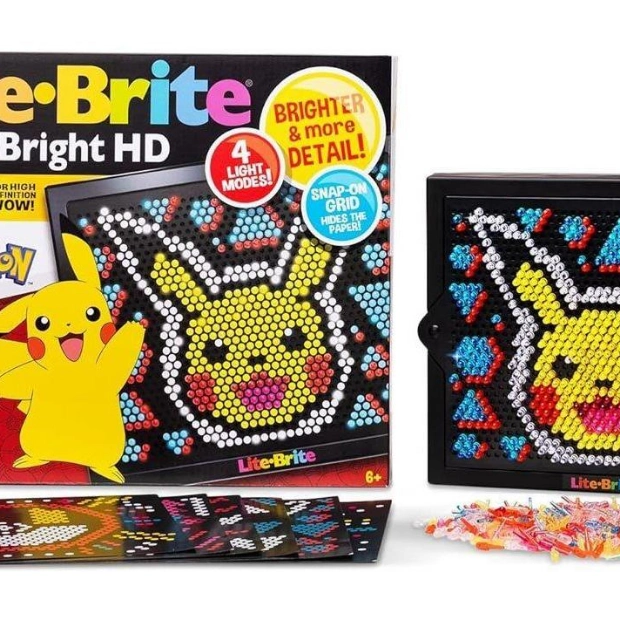The US Food and Drug Administration announced on Tuesday that it will repeal the regulation permitting the use of brominated vegetable oil in food products, effective August 2, due to safety concerns. BVO, a chemical ingredient that includes bromine, commonly found in fire retardants, is legally used in small amounts in some citrus-flavored drinks in the US to maintain flavor consistency.
The FDA concluded that BVO is unsafe for use based on studies conducted in partnership with the National Institutes of Health, which revealed potential harmful effects on humans. The agency initially proposed revoking the regulation in November of the previous year. BVO has been banned in the UK since 1970, followed by India in 1990, the EU in 2008, and Japan in 2010, according to the Center for Science in the Public Interest.
In 1970, the FDA deemed BVO's use in food as not generally recognized as safe due to toxicity concerns, leading to its regulation as a food additive while conducting safety studies. Michael Ashley Schulman, chief investment officer at Running Point Capital Advisors, praised the FDA's decision to disallow BVO as a food additive, calling it a significant positive step. Under FDA regulations, companies were required to disclose the use of BVO on product labels.
Over time, many beverage manufacturers have substituted BVO with alternative ingredients. The FDA noted that today, few beverages in the US still contain BVO. Major companies like PepsiCo and Coca-Cola have already removed BVO from their products, such as Gatorade and Fanta, respectively. Walmart is also working with its private brand suppliers to reformulate products containing BVO, with very few items still including the ingredient, and expects them to be updated before the FDA compliance date.
Keurig Dr Pepper continues to use BVO in its Sun Drop sodas in the US but is actively reformulating the drink to exclude the controversial ingredient and ensure compliance with all state and federal regulations.






